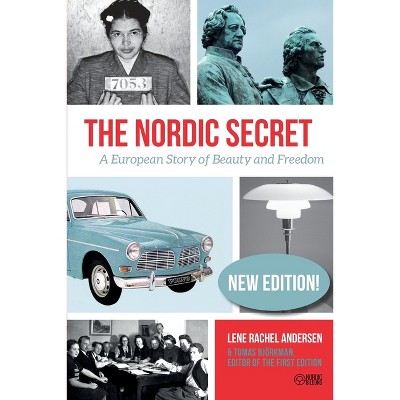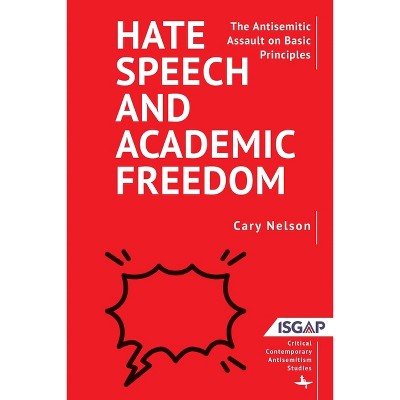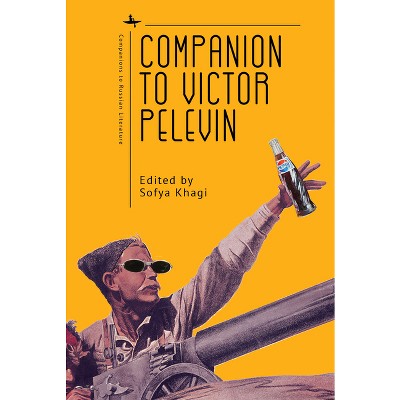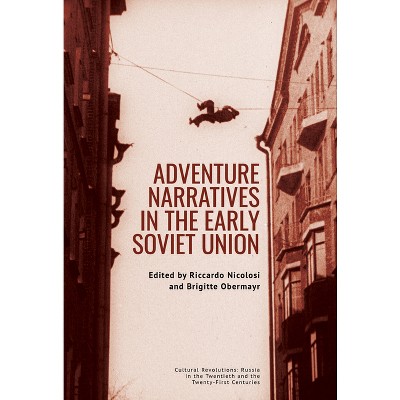Sponsored

A Room of His Own - (Liber Primus) by Daria S Smirnova (Hardcover)
In Stock
Sponsored
About this item
Highlights
- Not just another book on Brodsky, this is a journey into the art of literary translation.
- About the Author: Daria Smirnova holds a Ph.D. in Comparative Literature from the University of Oregon and a degree in Linguistics from Russia.
- 206 Pages
- Language + Art + Disciplines, Translating & Interpreting
- Series Name: Liber Primus
Description
About the Book
Not just another book on Brodsky, this is a journey into the art of literary translation. The author unpacks the delicate balance between 'good poem' and 'good translation, ' tracing Brodsky's drafts and bilingual evolution to reveal how he reshaped both Russian and Anglo-American literary traditions.
Book Synopsis
Not just another book on Brodsky, this is a journey into the art of literary translation. The author unpacks the delicate balance between 'good poem' and 'good translation, ' tracing Brodsky's drafts and bilingual evolution to reveal how he reshaped both Russian and Anglo-American literary traditions.
Review Quotes
"As playful and erudite as the title promises, the book cleans a window onto Brodsky's life and work. The study explores how Brodsky integrated diverse foreign poetic traditions into his own distinctive voice, analyzes his idiolect and translingual poetic sensibility, and provides an illuminating overview of the critical reception, exposing the cultural and literary prejudices that influenced contemporary responses to Brodsky's work. Personal and witty, it is a pleasure to read."
-Dr. Alexandra Berlina, author of Brodsky Translating Brodsky: Poetry in Self-Translation
"In three substantial chapters, Daria Smirnova explores Joseph Brodsky's formation and literary production as a bilingual poet, auto-translator, and transformative essayist. She traces his appropriation and absorption of foreign and local poetic elements (especially and famously the English Metaphysical poets), his translations and self-translations in the context of critical reactions by Anglophone readers (including some of Brodsky's own translators), and the impact of his prose essays on readers of his poetry, as well as readers of the poets he wrote about. Smirnova argues that these writings and concerns bring formerly disparate poetic periods and movements into new kinds of contact and relationship. A Room of His Own (not a room and a half! and not less than one!) offers plentiful square footage for thought, and windows that look out in multiple directions."
-- Sibelan Forrester, Susan W. Lippincott Professor of Modern and Classical Languages and Russian, Swarthmore College
About the Author
Daria Smirnova holds a Ph.D. in Comparative Literature from the University of Oregon and a degree in Linguistics from Russia. Inspired by years of traveling between languages and cultures, her research explores literary translation, bilingualism, and transmediation. Daria's current archival research examines the role of translation in shaping literary canons.
Shipping details
Return details
Frequently bought together

Trending Non-Fiction
















